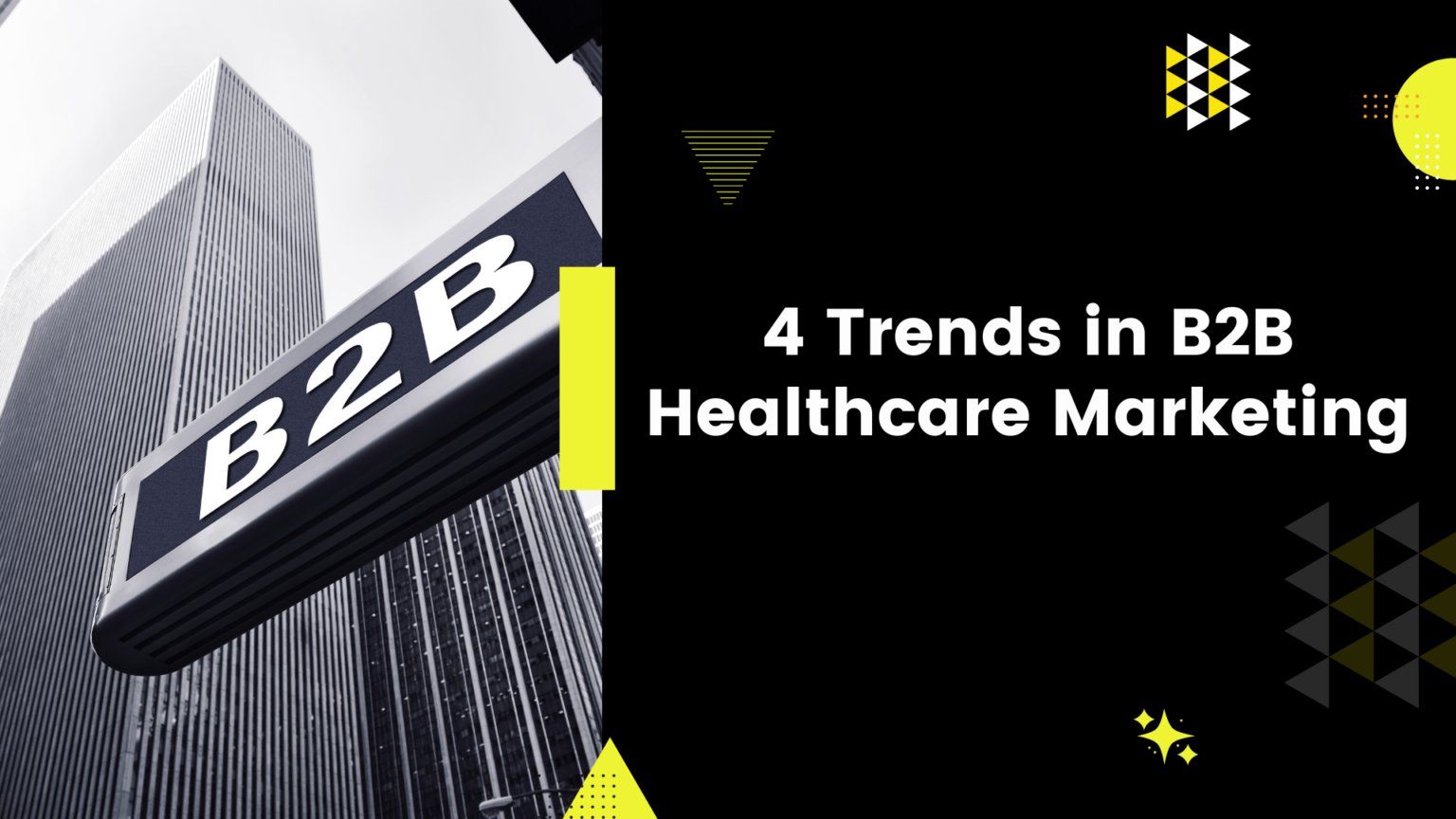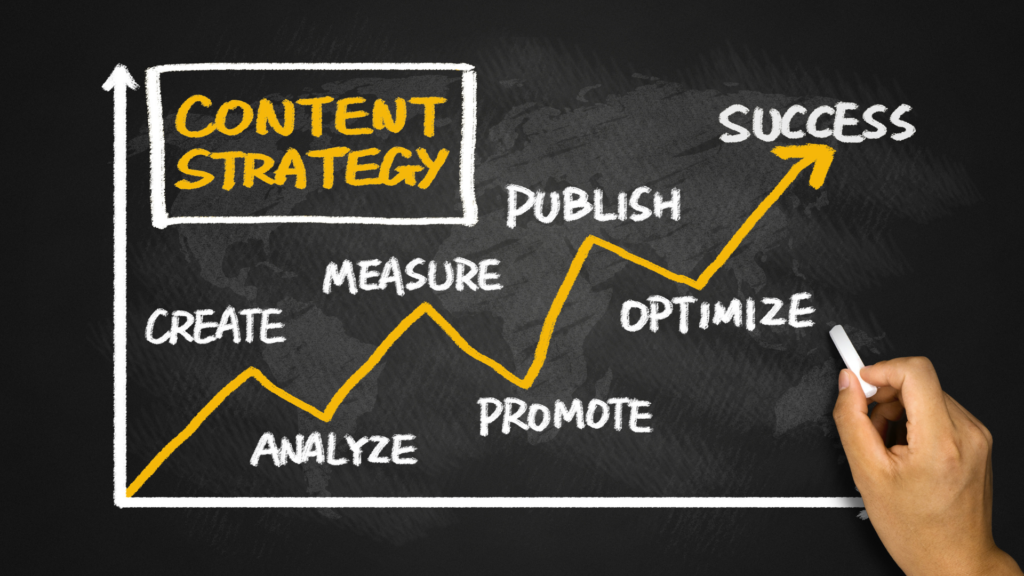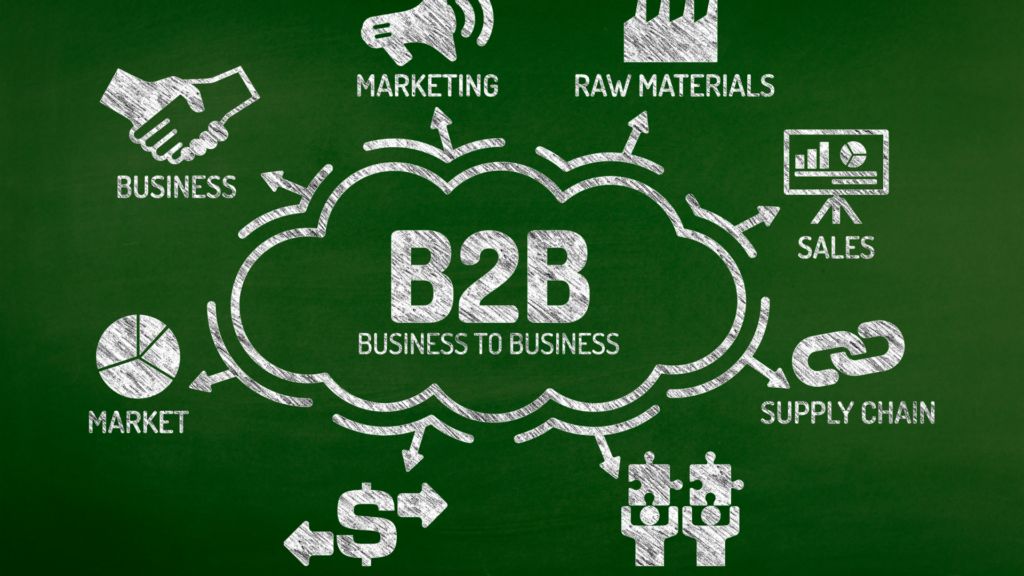
B2B (business-to-business) marketing has become critical for success in the ever-evolving healthcare landscape. As healthcare providers, suppliers, and organizations navigate complex market dynamics, understanding the trends in B2B healthcare marketing is essential. This blog will delve into the primary distinctions between B2B and B2C (business-to-consumer) in healthcare, how B2B marketing is utilized in the industry, the current trends shaping B2B healthcare marketing, and how to convert these trends into actionable leads with the help of experienced B2B healthcare data providers.

What is the Difference Between B2B and B2C in Healthcare?
In healthcare, the distinction between B2B and B2C marketing is significant. B2C marketing targets individual consumers, such as patients seeking medical services or products. The focus is on personalizing the message to appeal to individual needs, desires, and emotions. B2C marketing in healthcare often involves direct communication with patients through channels like social media, email campaigns, and digital advertisements.
On the other hand, B2B marketing in healthcare focuses on selling products, services, or solutions to other businesses, such as hospitals, clinics, or pharmaceutical companies. The target audience includes decision-makers, such as healthcare administrators, purchasing managers, and executives. Unlike B2C, which aims to drive immediate consumer purchases, B2B marketing is more complex, often involving longer sales cycles, multiple stakeholders, and a greater emphasis on building relationships and trust.
B2B marketing strategies in healthcare are typically more data-driven, focusing on demonstrating a product or service’s value, efficiency, and ROI (return on investment). The messaging is often technical and educational, aimed at addressing specific pain points or needs within the organization.
How is B2B Marketing Used in Healthcare?
B2B marketing in healthcare facilitates the exchange of products, services, and information between businesses. The strategies are tailored to meet healthcare organizations and their decision-makers’ unique needs. Here’s how B2B marketing is utilized in healthcare:
- Building Brand Awareness: Healthcare organizations use B2B marketing to create a strong brand identity in the B2B market. This involves creating content highlighting their expertise, solutions, and innovations, thereby positioning themselves as leaders in the industry.
- Lead Generation: B2B marketing efforts in healthcare often focus on generating qualified leads. This is achieved through targeted campaigns, content marketing, webinars, and industry events. The goal is to attract potential clients genuinely interested in the products or services offered.
- Nurturing Relationships: In B2B healthcare, the sales process is rarely instantaneous. Marketing strategies include nurturing leads through personalized email campaigns, providing valuable content, and maintaining consistent communication. This allows for building trust and strengthening relationships with potential clients.
- Driving Conversions: The ultimate goal of B2B marketing is to convert leads into customers. This involves presenting clear value propositions, offering tailored solutions, and demonstrating the potential ROI. Decision-makers in healthcare need compelling reasons to choose one provider over another, and effective B2B marketing delivers these reasons.
- Educational Marketing: Given the complexity of healthcare products and services, B2B marketing often involves educating the target audience. This could include white papers, case studies, research reports, and webinars that provide in-depth insights into industry trends, product benefits, and best practices.
Emerging Trends in B2B Healthcare Marketing Strategies
The B2B healthcare marketing landscape continuously evolves, influenced by technological advancements, changing consumer behavior, and regulatory developments. Here are four trends that are currently shaping B2B healthcare marketing:
1. Account-Based Marketing

Personalization has become a cornerstone of effective B2B marketing in healthcare. Account-based marketing (ABM) elevates personalization by focusing on individual accounts with tailored messages and solutions. ABM involves:
- Identifying high-value prospects.
- Creating customized content that addresses their unique needs.
- We are engaging with them through personalized campaigns.
ABM can be particularly effective when targeting large organizations or specific departments in the healthcare sector. By focusing on the individual needs of these accounts, healthcare professionals can increase engagement and improve conversion rates.
2. Data-Driven Marketing

Data-driven marketing has long been established, yet its significance in B2B healthcare marketing continues to rise. Leveraging data allows healthcare marketers to make informed decisions, optimize campaigns, and better understand their target audience. Data analytics tools reveal patterns in customer behavior—preferences, and challenges, allowing for more precise targeting and messaging. Moreover, data-driven marketing helps measure marketing strategies’ effectiveness, enabling continuous improvement. In a highly regulated industry like healthcare, data-driven approaches also help ensure compliance with industry standards and regulations.
3. Content Marketing and Thought Leadership
Content marketing remains a crucial strategy in B2B healthcare marketing, with a growing emphasis on thought leadership. Healthcare organizations are increasingly producing high-quality content that positions them as experts in their field. This includes white papers, case studies, blogs, videos, and workshops that offer expert advice and address key industry issues. Thought leadership content helps build brand authority and establishes trust with potential clients. By addressing healthcare organizations’ pain points and offering expert solutions, B2B marketers can drive engagement and lead generation.

4. Digital Transformation and Virtual Engagement
The COVID-19 pandemic accelerated digital transformation across industries, and healthcare is no exception. B2B healthcare marketing strategy has shifted towards digital channels, with virtual events, webinars, and online platforms becoming more prevalent. Virtual engagement allows healthcare organizations to connect with a broader audience, regardless of geographical limitations.
Alongside virtual events, digital marketing techniques like social media marketing, search engine optimization SEO, and PPC advertising are becoming increasingly popular in B2B healthcare marketing. These digital tactics enable healthcare marketers to reach decision-makers where they are most active, increasing the likelihood of engagement and conversion.

Convert Trends into Leads with Experienced B2B Healthcare Data Providers

Partnering with an experienced B2B healthcare data provider is crucial for leveraging current healthcare marketing trends and effectively converting them into actionable leads. A reliable provider with a reputation for expertise in healthcare data can offer accurate, up-to-date information on healthcare organizations, decision-makers, and market trends. This information is valuable for creating targeted marketing campaigns, personalizing messages, and identifying high-potential leads.
Seasoned providers like MedicoLeads also help segment the target audience, optimize campaigns, and measure ROI. By using data-driven strategies, healthcare marketers can enhance their outreach efforts, increase engagement, and drive conversions. For example, a provider with a strong track record in the industry ensures access to comprehensive and precise information, which is crucial for effective marketing and lead generation. This level of expertise and data quality is often associated with leading B2B database services in the healthcare industry.
Conclusion
In conclusion, B2B healthcare marketing rapidly evolves with trends emphasizing personalization, data-driven strategies, thought leadership, and digital transformation. Uncovering the fundamental differences between B2B and B2C approaches, leveraging current trends, and employing sophisticated data tools are valuable for success in this sector. By partnering with experienced B2B healthcare data providers like MedicoLeads, healthcare organizations can effectively navigate these trends, create targeted campaigns, and convert prospects into valuable clients. Embracing these advancements ensures a strategic edge in an increasingly competitive healthcare marketplace.






